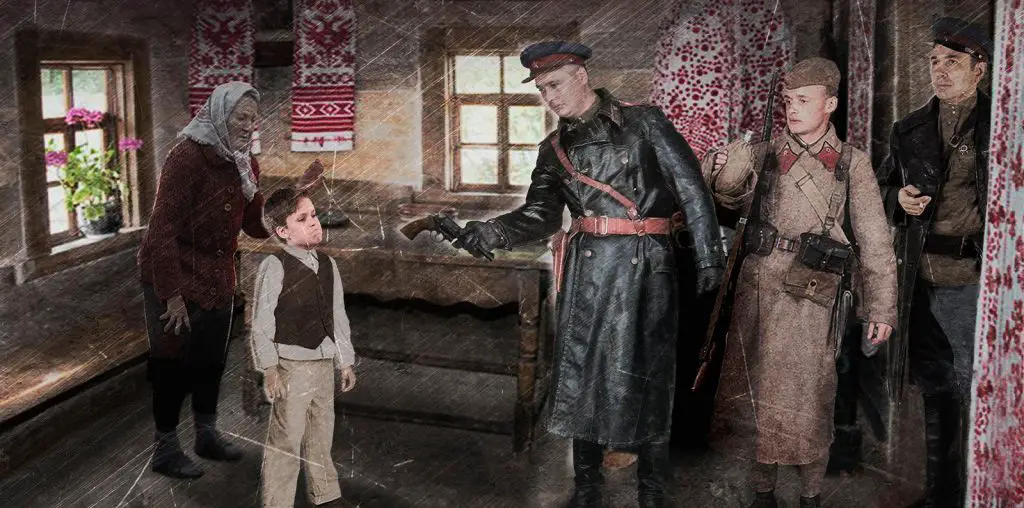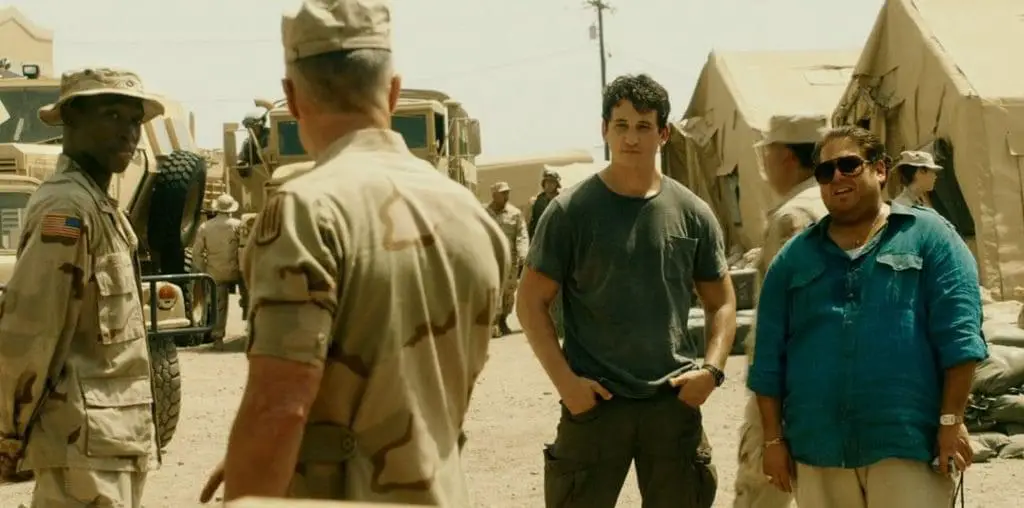
A poetic evocation of the lives of 5 adolescent English schoolboys, this extremely slow, meditative film consists largely of almost static tableaux of extended duration in which the 5 boys (and a few girls) pose in front of a stone wall, in a lecture hall, in the woods, or engage in repetitive actions such as fighting or eating chips. The occasional text comes from such diverse sources as Shakespeare, Yeats, and an essay on art criticism. Most of the minimal soundtrack consists of ambient sound, mixed with occasional piano music.
I was predisposed to like this film, since I am a big fan generally of minimalist, poetic films of extended duration, from Michael Snow to Warhol to Syberberg. However, the film is so thoroughly lacking in poetic, visual, or musical expressiveness that it failed to engage me for a single moment.
Generally, films which consist largely of tableaux will be ones in which visual values reign supreme, but here the scenes are badly shot, badly composed, badly lit, and with unskillful camerawork. Moreover, the tableaux themselves do not have an expressive, poetic quality to them.
The boy actors are asked to say their occasional lines in the flat ‘nonacting’ style favored by many experimental theater and filmmakers who want to highlight the text as a separate formal element in a composition rather than as part of naturalistic dialogue. This form of delivery is technically just as difficult to achieve as is naturalism. The actors, unfortunately, convey mostly their own discomfort, rather than the simple clarity of the text.
It has become commonplace recently in video installation pieces (such as those of Bill Viola) to show performers in nearly static poses for extended durations. Most often, the idea is to highlight the elusive quality of personal ‘presence’ without the distraction of imposed action. Cohen has not enabled his young actors to achieve the state of relaxed concentration which would allow their personal presence to shine through; instead, they look merely like they are trying very hard to remain still because they have been told that they must.
Films which express themselves largely through visual tableaux, such as Matthew Barney’s “Cremaster” films, or the masterpieces of Paradjanov, do so largely because they are using images to express some part of human experience, such as sex, anger, love. Here, the images seem meant to express alienation and boredom (a supremely difficult thing for an artist short of Beckett to express), but Cohen does not possess a visual/poetic talent for creating expressive images. In the best works which use extended duration, such as those of Yvonne Rainer, the filmmaker uses her musical sensibility to finely calibrate and build the tension created by long periods of stasis. Cohen lacks this musical sensitivity, and the durations of his tableaux are merely long, to no expressive purpose.
“Goldfish Memoirs” sounded promising to me on paper, but on the screen, it lacked the energy even to fizzle.

